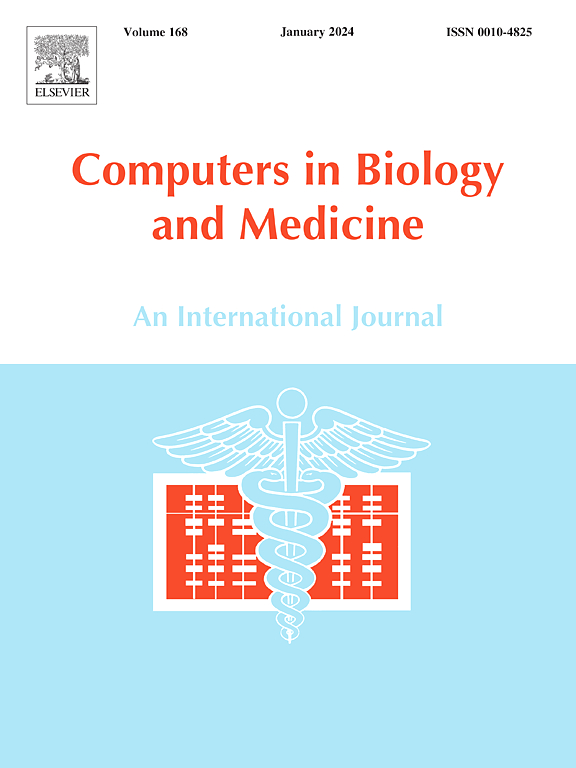基于人工智能的心律失常心电图检测技术综述
IF 6.3
2区 医学
Q1 BIOLOGY
引用次数: 0
摘要
人工智能辅助决策系统对传统方法的成功推动了各种现实世界应用的广泛研究。在过去的十年中,人工智能系统在分析生理信号,特别是心电图(ECG)方面的应用引起了相当大的关注。虽然有几篇调查论文对这一领域进行了探索,但它们往往面临局限性,例如研究范围过时、范围狭窄、对研究质量和出版可信度的评估不足或缺乏统计见解。为了解决这些差距,本综述严格选择了来自高影响力期刊和顶级会议的研究文章,确保了可靠和有效的研究结果。我们全面回顾了219篇研究文章,使本文成为对人工智能与心电图分析交叉感兴趣的研究人员的宝贵资源。我们的综述对所采用的技术、获得的结果和新兴趋势进行了深入分析,为各级研究人员提供了有益的见解。此外,我们提出的研究综述的统计分析,以提供更广泛的了解这一研究领域。本文的一个关键贡献是应用Pearson相关性来检查诸如准确性、敏感性、特异性和f1分数等性能指标之间的关系。该分析强调了这些指标如何在各种方法中相互作用和相互影响,为ECG分析中的模型性能和优化策略提供了更深入的见解。最后,针对目前存在的问题,提出了新的研究方向。本文章由计算机程序翻译,如有差异,请以英文原文为准。
A comprehensive review of AI-Based detection of Arrhythmia using Electrocardiogram (ECG)
The success of AI-assisted decision-making systems over traditional methods has driven extensive research across various real-world applications. In the past decade, the application of AI systems for analysing physiological signals, particularly electrocardiograms (ECG), has attracted considerable attention. While several survey papers have explored this domain, they often face limitations, for instance outdated research coverage, narrow scope, inadequate evaluation of study quality and publication credibility or a lack of statistical insights. To address these gaps, this review rigorously selected research articles from high-impact journals and top-tier conferences, ensuring reliable and validated findings. We comprehensively reviewed 219 research articles, making this paper a valuable resource for researchers interested in the intersection of AI and ECG analysis. Our review provides an in-depth analysis of employed techniques, obtained results, and emerging trends, offering insights beneficial to researchers at all levels. Additionally, we present a statistical analysis of the reviewed studies to offer a broader understanding of this research area. A key contribution of this paper is the application of Pearson’s correlation to examine relationships among performance metrics such as accuracy, sensitivity, specificity, and F1-score. This analysis highlights how these metrics interact and influence each other across various methodologies, offering deeper insights into model performance and optimisation strategies in ECG analysis. Finally, we address existing challenges and propose new research directions for further exploration.
求助全文
通过发布文献求助,成功后即可免费获取论文全文。
去求助
来源期刊

Computers in biology and medicine
工程技术-工程:生物医学
CiteScore
11.70
自引率
10.40%
发文量
1086
审稿时长
74 days
期刊介绍:
Computers in Biology and Medicine is an international forum for sharing groundbreaking advancements in the use of computers in bioscience and medicine. This journal serves as a medium for communicating essential research, instruction, ideas, and information regarding the rapidly evolving field of computer applications in these domains. By encouraging the exchange of knowledge, we aim to facilitate progress and innovation in the utilization of computers in biology and medicine.
 求助内容:
求助内容: 应助结果提醒方式:
应助结果提醒方式:


